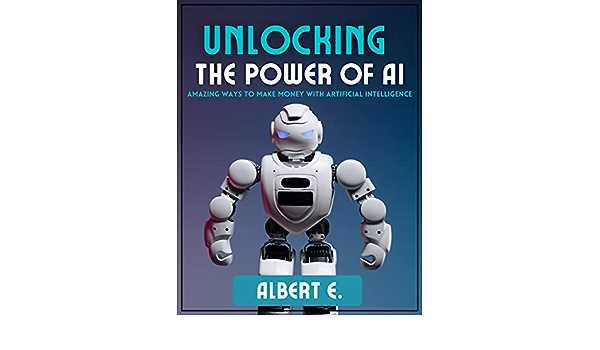
Artificial Intelligence (AI) is a revolution in almost every aspect of our lives and is still entering the research universe, and the AI Research app is an innovative tool that uses the power of AI to optimize the research process so researchers can create breakthroughs faster and more efficiently. The app is designed to assist researchers in disciplines ranging from medicine to quantum physics through advanced data analysis, prediction, and modeling.
With the help of advanced techniques and methods for machine learning, Research AI can analyze large amounts of data in a fraction of the time required by human researchers. This allows researchers to discover patterns, correlations, and insights that would otherwise go unnoticed. Thanks to its ability to manipulate difficult data sets and perform complex calculations, the app accesses new research options in almost any field.
One of the most important features of the Research AI app is the possibility to predict outcomes and simulate all kinds of scenarios. This is also excellent in the field of medicine, where scientists can use the app to predict the performance of possible treatments or simulate the effects of different interventions. By running simulations and analyzing the results, scientists can save time and resources by focusing solely on more promising research directions.
AI’s research app also allows researchers to collaborate and share findings with others in the scientific community. Build-in capabilities for communication and sharing allow researchers to stay in touch with colleagues, exchange ideas, and even collaborate on projects in real time.
In conclusion, the AI Research app is an innovative tool that is revolutionizing the way research is conducted; by using the power of AI, researchers can unlock new ideas, predict outcomes, and increase the pace of discovery. Thanks to the possibility to analyze complex data sets and simulate different scenarios, apps could mean a revolution in research in all fields. As technology continues to develop, we can expect AI to play an increasingly important role in scientific research, helping to solve the mysteries of the universe and improve the world we live in.
Role of Artificial Intelligence in Research

Artificial intelligence (AI) offers a revolution in the field of research, providing access to new possibilities and speeding up the pace of discovery; as AI technology develops further, researchers can use its power to gain valuable insights, make predictions, and automate different aspects of their work.
One of the most important roles of AI in research is its ability to analyze large, complex data sets. Traditional data analysis methods can be time consuming and labor intensive, requiring researchers to dig through mountains of data to identify patterns and correlations. AI algorithms, on the other hand, can quickly analyze vast amounts of data to reveal subtle trends and connections that would otherwise go unnoticed.
AI can also help researchers identify relevant literature and sources for their research. With the sheer volume of research papers and articles available, finding the latest findings in a particular field can be a complication; an AI controlled search and recommendation machine can help researchers optimize their literature research by suggesting relevant articles and providing an overview or key insights .
Machine learning, a part of AI, plays an important role in research by providing predictive models. Scientists can apply machine learning techniques to create models that may create distinct controls based on historical data. This could be even greater in fields such as medicine, where predicting patient outcomes and identifying potential cures can have a significant impact on the quality of medical assistance.
Additionally, AI-controlled automation has the potential to increase the efficiency and reproducibility of research. These tasks, such as data collection, data cleanup, and data preprocessing, have the potential to be automated, thereby reducing the risk of human error and keeping researchers at the center of interest AI also has the opportunity to automate repetitive tasks. This allows researchers to focus on the more challenging and creative qualities of their work.
Thus, the role of AI in research is versatile. It helps with data analysis, literature studies, predictive modeling, and automation, enabling researchers to discover new ideas and initiate innovation; as AI developments are moving, their impact on research is likely to remain, allowing researchers to overcome challenges and push the boundaries of knowledge.
Leave a Comment